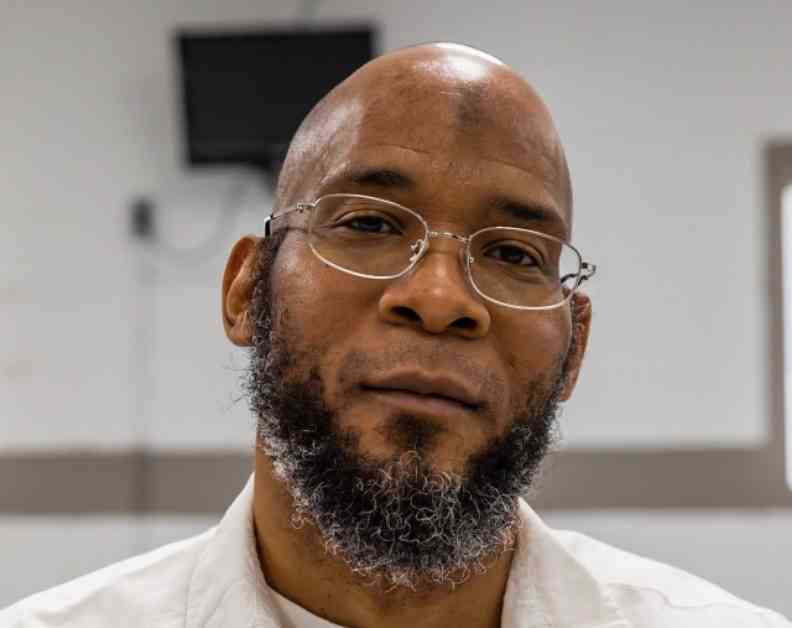Marcellus Williams’ Case: Missouri Supreme Court Arguments and Advocacy Efforts
As the execution date of Marcellus Williams looms closer, advocates from across the nation are intensifying their efforts to prevent what they believe to be a grave miscarriage of justice. Williams, who has steadfastly maintained his innocence, faces the possibility of lethal injection for the 1998 murder of Lisha Gayle in her St. Louis home.
With less than 48 hours left before the scheduled execution on Tuesday, September 24, the Midwest Innocence Project and other advocacy groups are rallying support for Williams’ pardon. Amidst these efforts, the Missouri Supreme Court is set to hear oral arguments in Williams’ case on Monday, providing a glimmer of hope for those fighting to prove his innocence.
Attorneys representing Williams have also filed an appeal with the U.S. Supreme Court, seeking a last-minute intervention in his case. Currently housed at the Potosi Correctional Center in Mineral Point, Williams will soon be transferred to the Eastern Reception, Diagnostic and Correctional Center in Bonne Terre as his execution date draws near.
The legal saga surrounding Williams took a dramatic turn this past August when St. Louis County Prosecuting Attorney Wesley Bell and Williams’ defense team reached a controversial agreement. Under an Alford plea, Williams would plead guilty to the murder while still maintaining his innocence, allowing his attorneys more time to present evidence of his innocence.
However, Missouri Attorney General Andrew Bailey successfully challenged the agreement, leading to the state supreme court’s decision to proceed with the execution as scheduled. Despite efforts to secure clemency for Williams, Governor Mike Parson, a staunch advocate of capital punishment, has not granted any reprieve during his tenure.
Members of Lisha Gayle’s family have also weighed in on the case, signing a clemency petition urging Governor Parson to reconsider Williams’ sentence. They expressed doubts about the fairness of the trial and the evidence presented, highlighting potential flaws in the prosecution’s case.
The details of the crime, which occurred in August 1998, paint a grim picture of violence and tragedy. Prosecutors alleged that Williams broke into Gayle’s home, where he encountered her and proceeded to brutally stab her 43 times. The motive appeared to be a robbery, as Gayle’s purse and her husband’s laptop were reported stolen.
Despite the prosecution’s claims of Williams’ confession to his girlfriend and a cellmate, his defense team has vehemently denied these allegations, suggesting ulterior motives behind the supposed admissions. The lack of physical evidence linking Williams to the crime has been a central point of contention throughout the legal proceedings.
The case took a surprising turn in August 2017 when former Governor Eric Greitens intervened, halting Williams’ execution due to new DNA evidence that raised questions about his guilt. However, subsequent developments, including the dissolution of a board of inquiry by Governor Parson, have left Williams’ fate hanging in the balance once again.
Prosecutor Wesley Bell’s motion to vacate Williams’ murder conviction based on new DNA evidence has added another layer of complexity to the case. Under a Missouri law enacted in 2021, prosecutors can seek to overturn convictions if they believe an inmate may be innocent or if there were errors in the legal process.
The ongoing legal battles and advocacy efforts surrounding Marcellus Williams’ case underscore the complexities and challenges of the criminal justice system. As Missouri grapples with the implications of capital punishment, the fate of individuals like Williams remains a poignant reminder of the need for diligence and fairness in the pursuit of justice.

